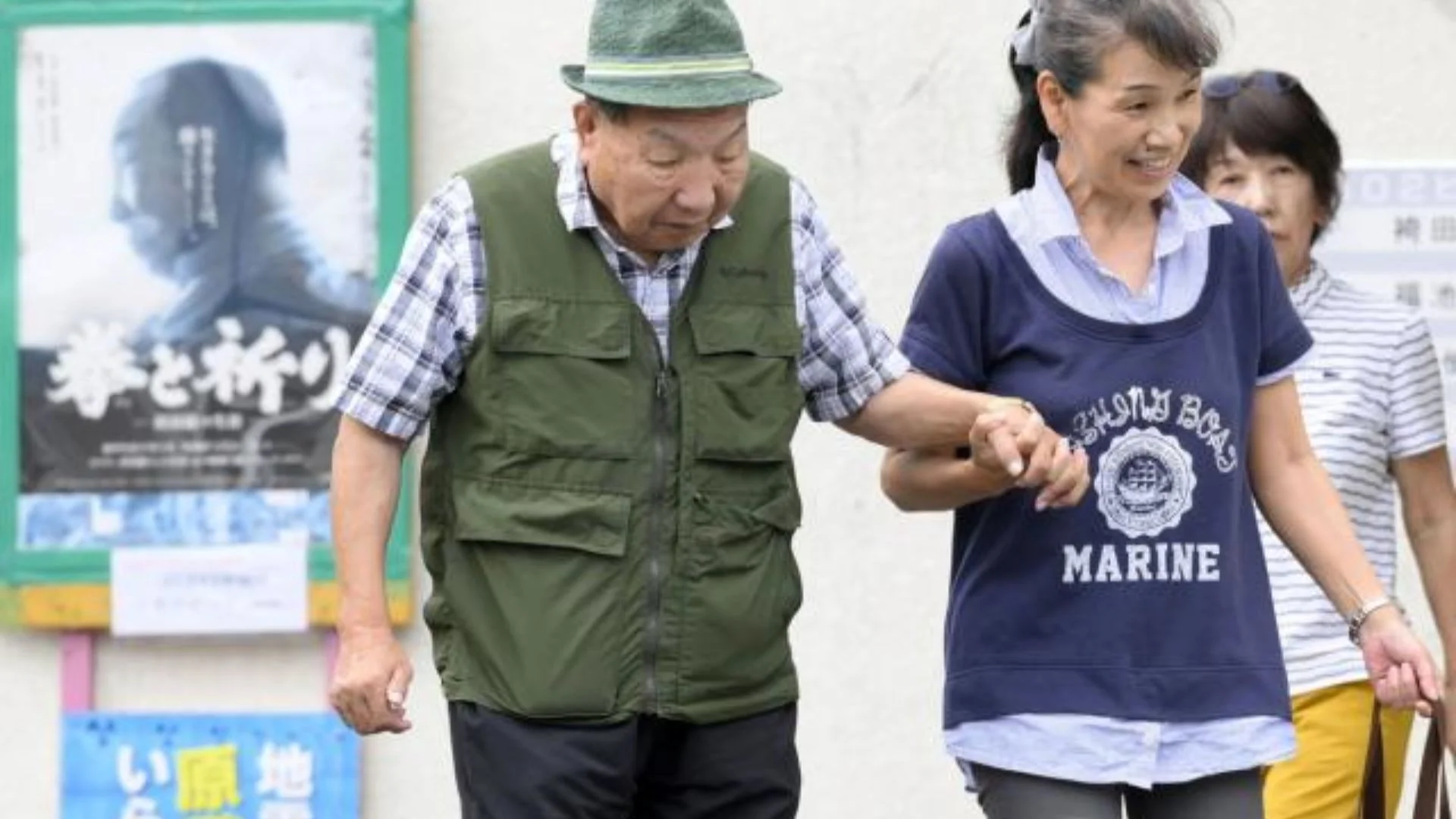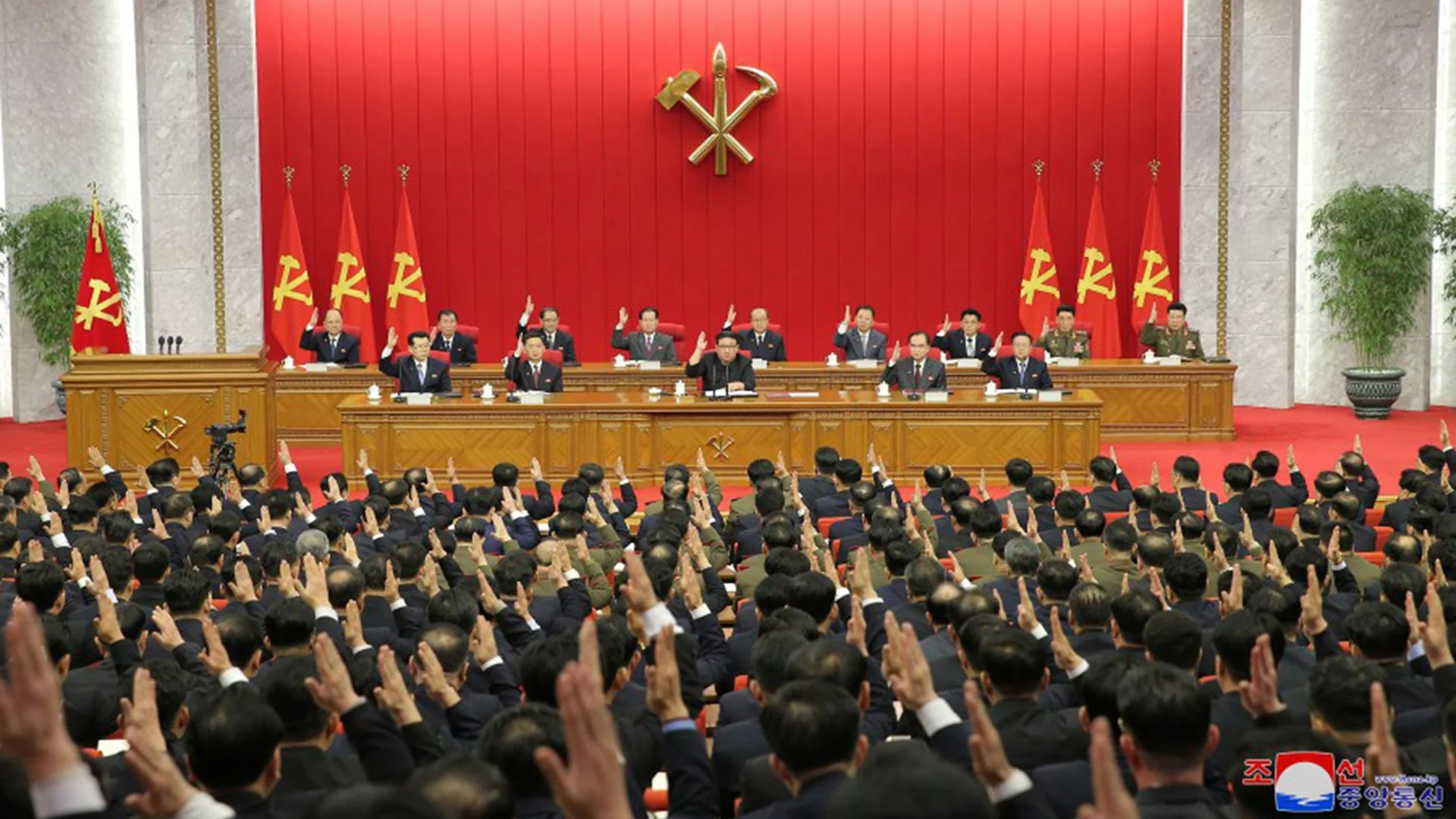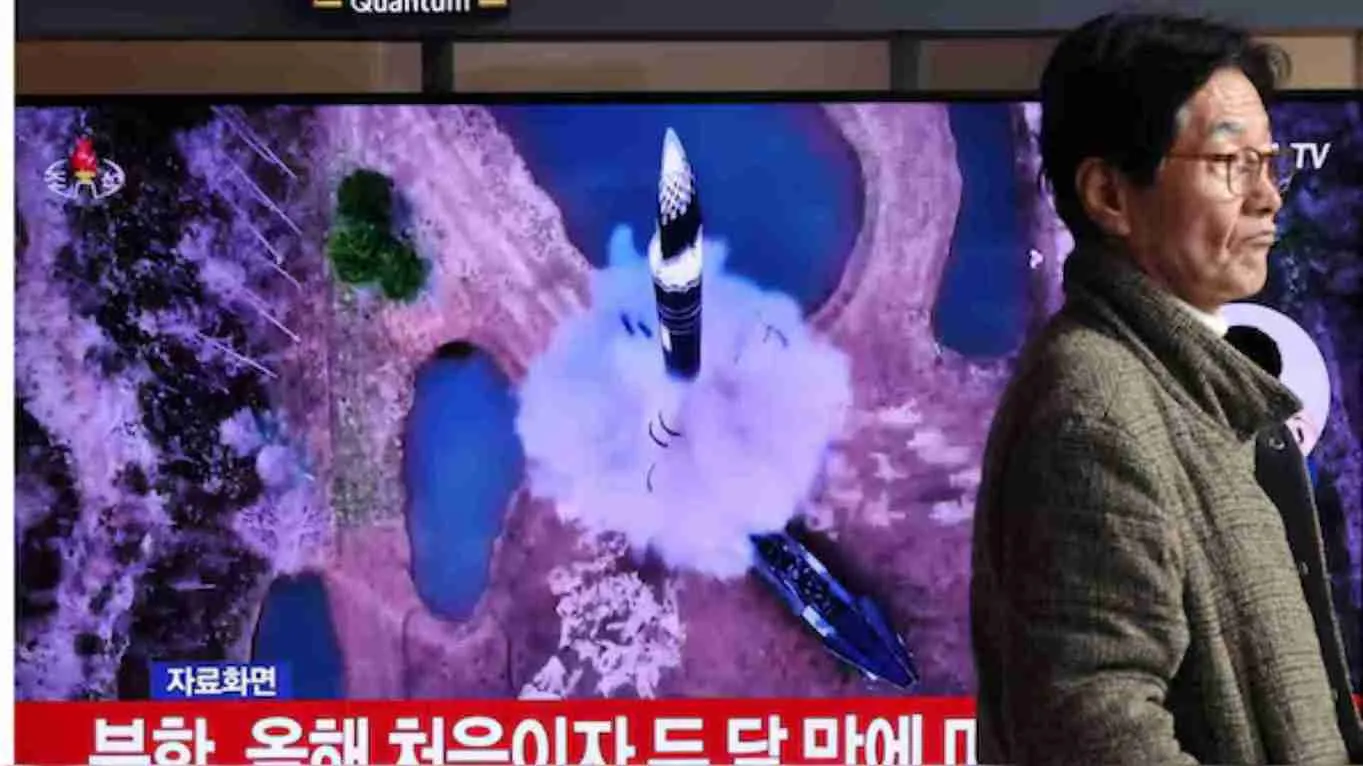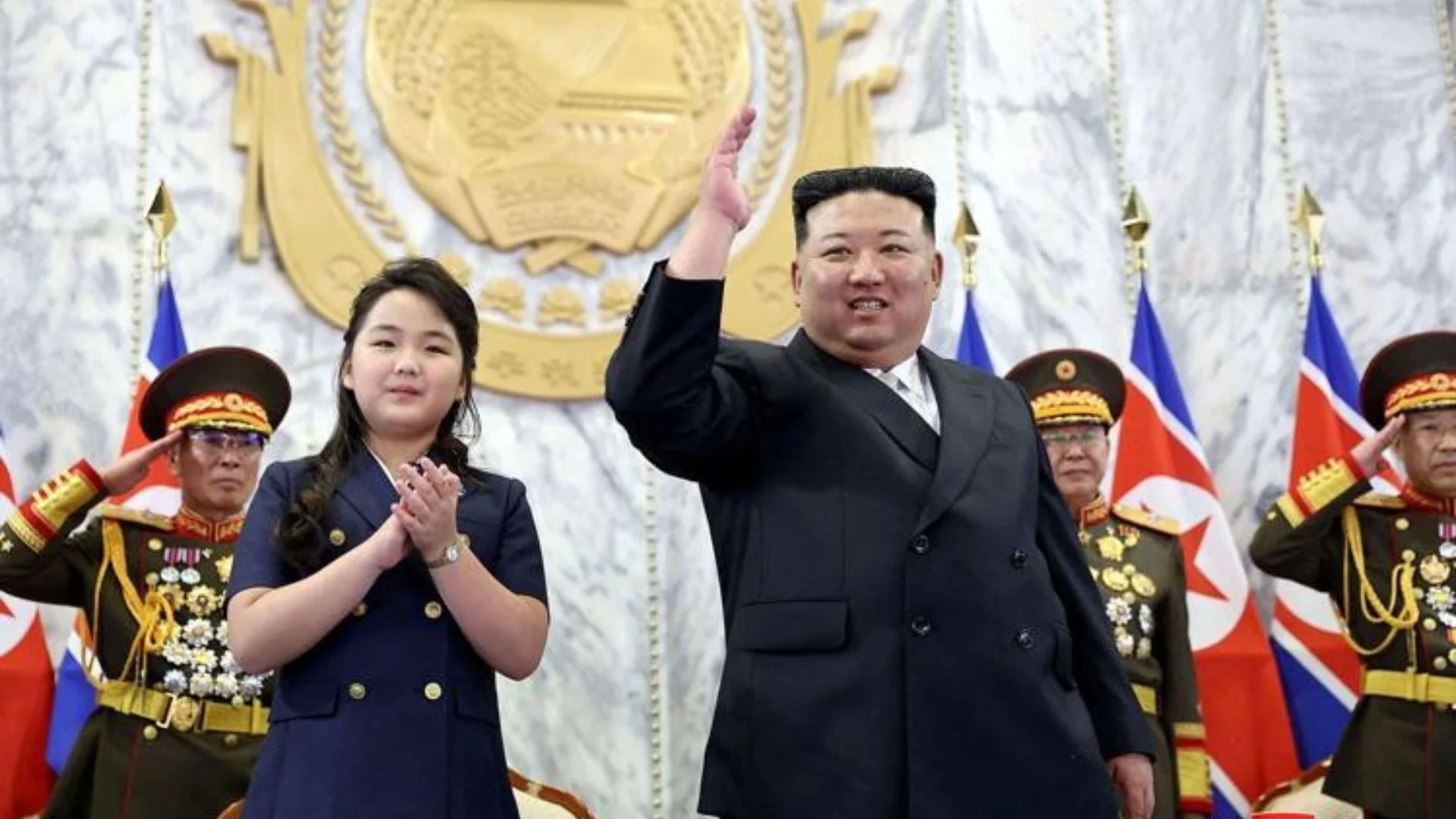Iwao Hakamada, an 88-year-old former boxer who spent nearly half a century on death row in Japan, has been acquitted of multiple murder charges in a highly publicized retrial. His case has renewed scrutiny of Japan’s criminal justice system and the use of the death penalty.
Hakamada was originally sentenced to death in 1968 for the murder of his boss, his boss’s wife, and their two children. For 46 years, he awaited execution, making him the longest-serving death row prisoner globally. In 2014, he was released after new evidence surfaced, prompting the court to order a retrial.
Throughout his ordeal, Hakamada maintained his innocence, claiming he was coerced into confessing after enduring a brutal police interrogation. His legal team argued that key evidence, including bloodstained clothing allegedly worn during the crime, had been fabricated by investigators. The Shizuoka District Court’s presiding judge, Koshi Kunii, agreed, acknowledging that the confession and critical pieces of evidence had been falsified.
Hakamada’s acquittal followed a protracted legal battle that captivated opponents of Japan’s capital punishment system. His retrial was only ordered after years of legal disputes, including a Supreme Court ruling in 2020, which directed the high court to reconsider reopening the case. Prosecutors had sought to uphold the death penalty, but the court ultimately ruled in Hakamada’s favor, marking a significant victory for his supporters.
Hakamada’s sister, Hideko, who has tirelessly campaigned for his release, expressed relief before the verdict, stating, “For so long we have fought a battle that has felt endless. But this time, I believe it will be settled.”
While Hakamada’s exoneration is a landmark decision, it has reignited criticism of Japan’s legal system, particularly its reliance on confessions obtained under duress. Activists, including Amnesty International, have called for the abolition of the death penalty, citing the irreversible harm caused by wrongful convictions like Hakamada’s. Despite this, public support for capital punishment remains high in Japan, with 80% of citizens backing its use.























